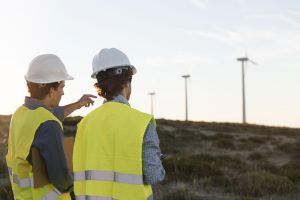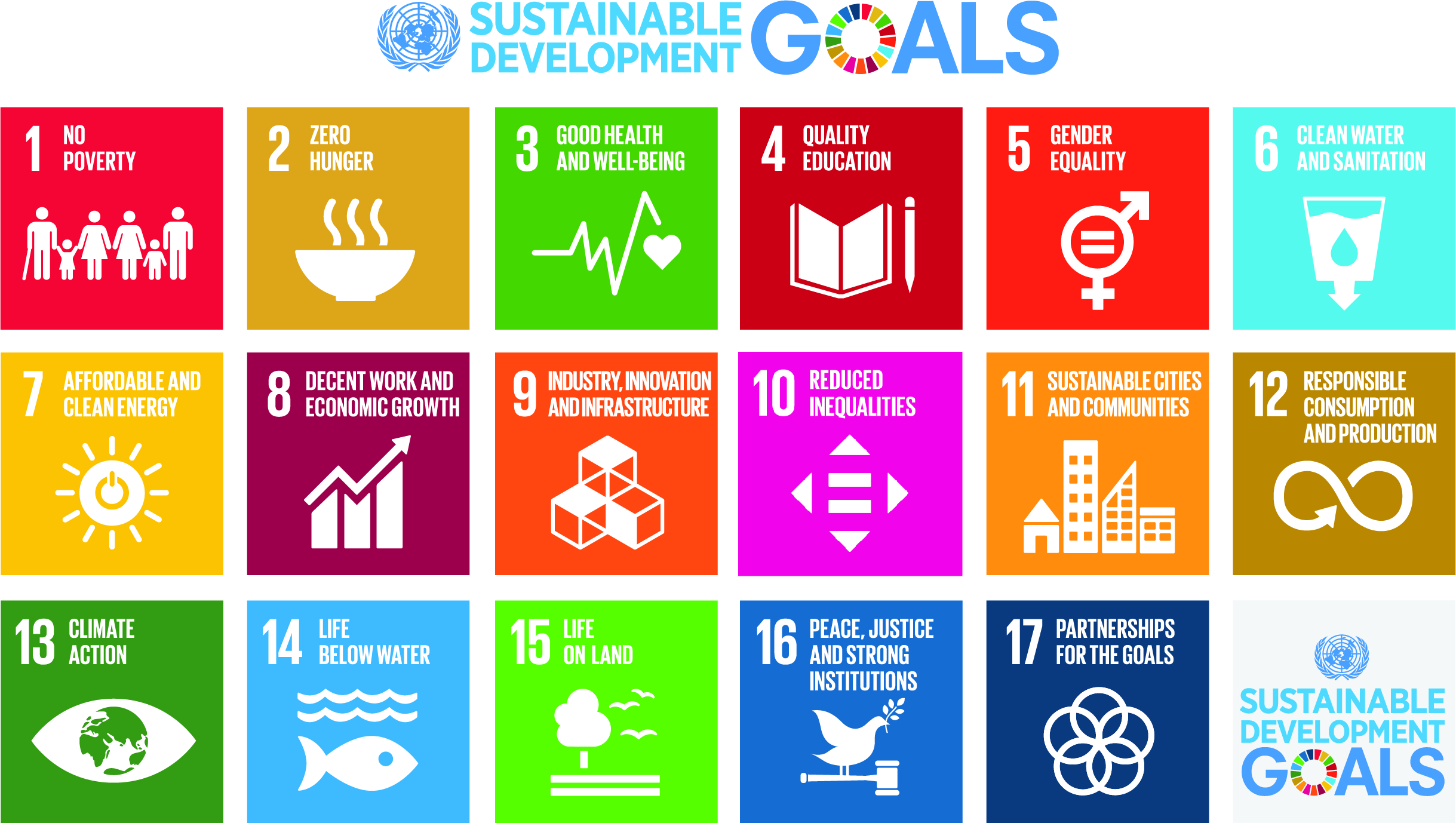The University Center for Environmental Studies and Sustainable Development (UCBS) at the University of Warsaw launches a master’s course on Sustainable Development.
Sustainable Development Studies (SD) are organized as part of the “Program of integrated activities for the development of the University of Warsaw”, co-financed from the European Social Fund, under the operational program Knowledge Education Development (PO WER).
Interdisciplinary Sustainable Development (SD)
The guiding idea of education in the field of Sustainable Development (hereinafter: SD) is interdisciplinary. This reflects the organization of the educational process based on a harmonious involvement under the chairmanship and involvement of the University Center for Environmental Studies and Sustainable Development (UCBS) of eight units of the University of Warsaw. The following faculties of the University of Warsaw take part in the preparation of the new faculty of study: Biology, Chemistry, Physics, Geography and Regional Studies, Geology, Economic Sciences, Law and Administration, and a supporting unit – the Faculty of Management at the University of Warsaw. The SD studies will be conducted at the second level of education. SD studies offer integrated knowledge, its broad but in-depth understanding in various areas of science. Knowledge, skills and social competences passed during the studies support the shaping of an individual view of the world, building an open and critical attitude to the changing reality.
The main objective of SD education is to provide students with the knowledge, tools and skills they need in their professional future, preparing them for effective work with stakeholders of all types and types (government institutions, local governments, institutions and organizations, associations, foundations, companies, citizens) responsible for implementing processes for sustainable development.
In addition, during the didactic process, students have the opportunity to acquire many competences and practical skills to help them start and function in a rapidly changing world.

Sample subjects (form and thematic scope)
Subjects in the field of SD were collected in modules, assigned to individual semesters during two-year studies (4 semesters). Subjects introduced in the first semester introduce issues of sustainable development from the environmental, economic and socio-legal perspective. In the second semester, students become acquainted with the planning and management processes as well as the use of raw materials and economic analysis in the implementation of sustainable development goals, both in cities and in rural areas. Students have the opportunity to choose classes according to their interests. Semester III offers an overview of the best practices and tools currently used to support sustainable development processes. Most of the classes this semester have the character of practical projects with the participation of practitioners and experts from outside the University of Warsaw. Semester IV is devoted to writing a master’s thesis and this is also done by a research field study in organizations and institutions selected in accordance with the subject of the work being carried out. Forms of implementation of education modules used for SD are: lectures, auditory exercises, laboratory exercises, seminars, workshops and practicum, as well as – determining the specificity of natural studies – field and seminar exercises, trips to nature, engineering and cultural objects.

Professional graduate’s perspectives
Interdisciplinary knowledge and diversity of didactic offer allow to gain comprehensive academic education useful for performing various professions. SD graduates will be prepared to undertake work in the following sectors: public, private and non-profit, in international or national organizations; in research, implementation and analytical centers and institutes, in particular in institutions dealing with environmental monitoring, waste management, local and regional development, in consulting companies, in scientific and R & D institutions, as well as in business.
Free studies for students from countries outside the European Union
Sustainable Development fee – for a year of study for foreigners from outside a member state of the European Union, the Swiss Confederation or a member state of the European Free Trade Agreement (EFTA) – a party to the agreement on the European Economic Area
The fee must be paid in euros to the individual account number provided in the USOS system.
You’re welcome!

